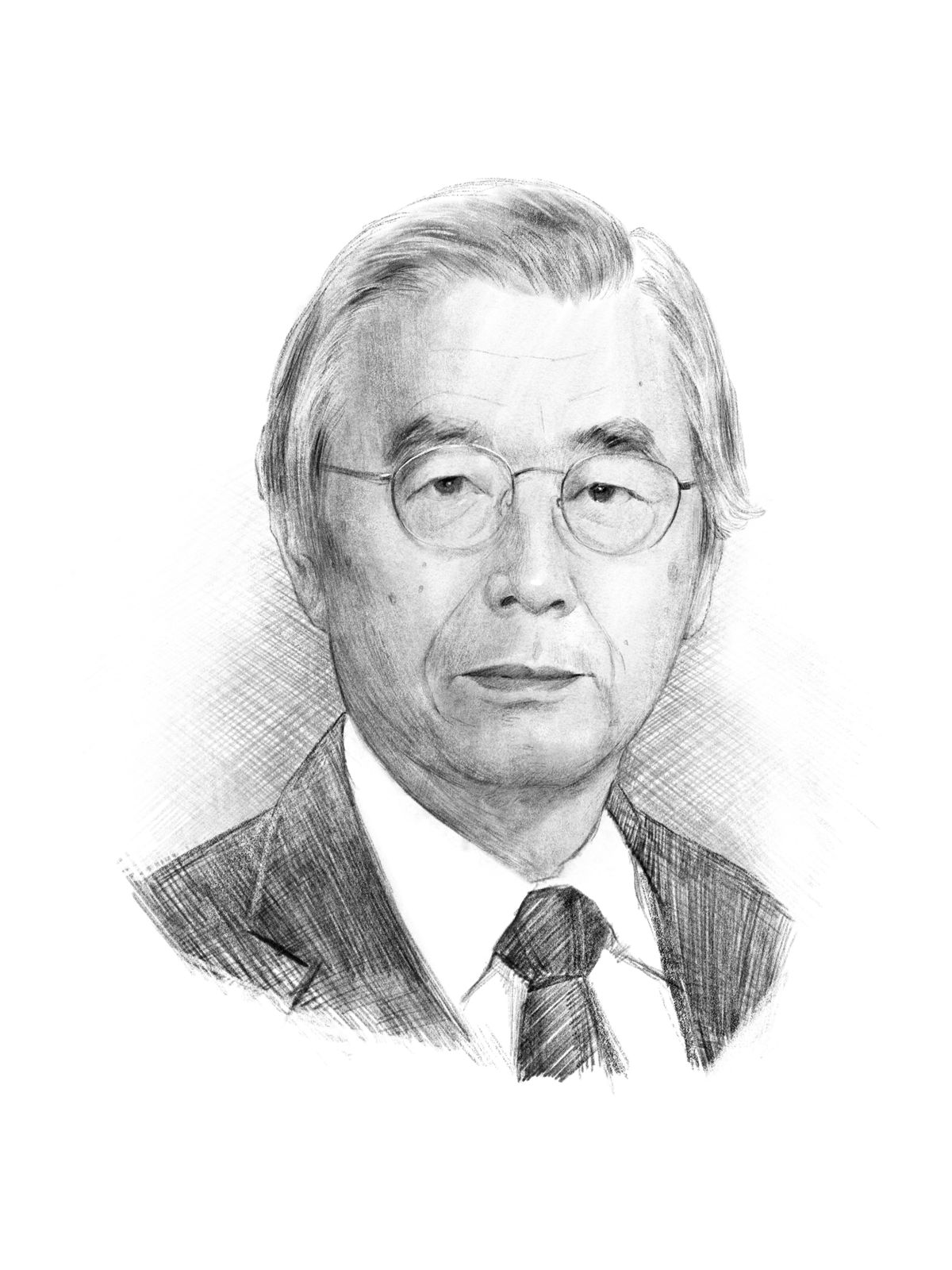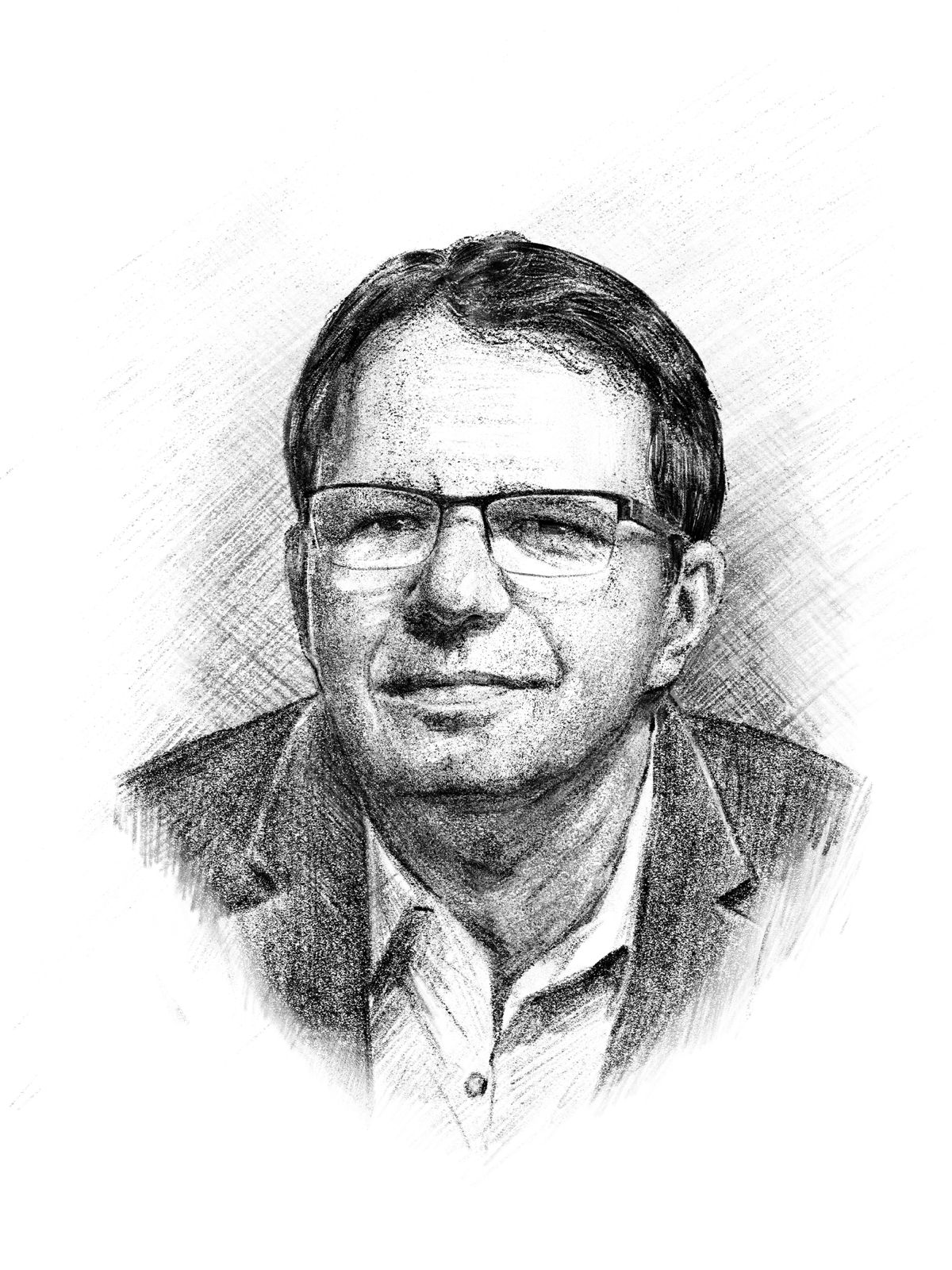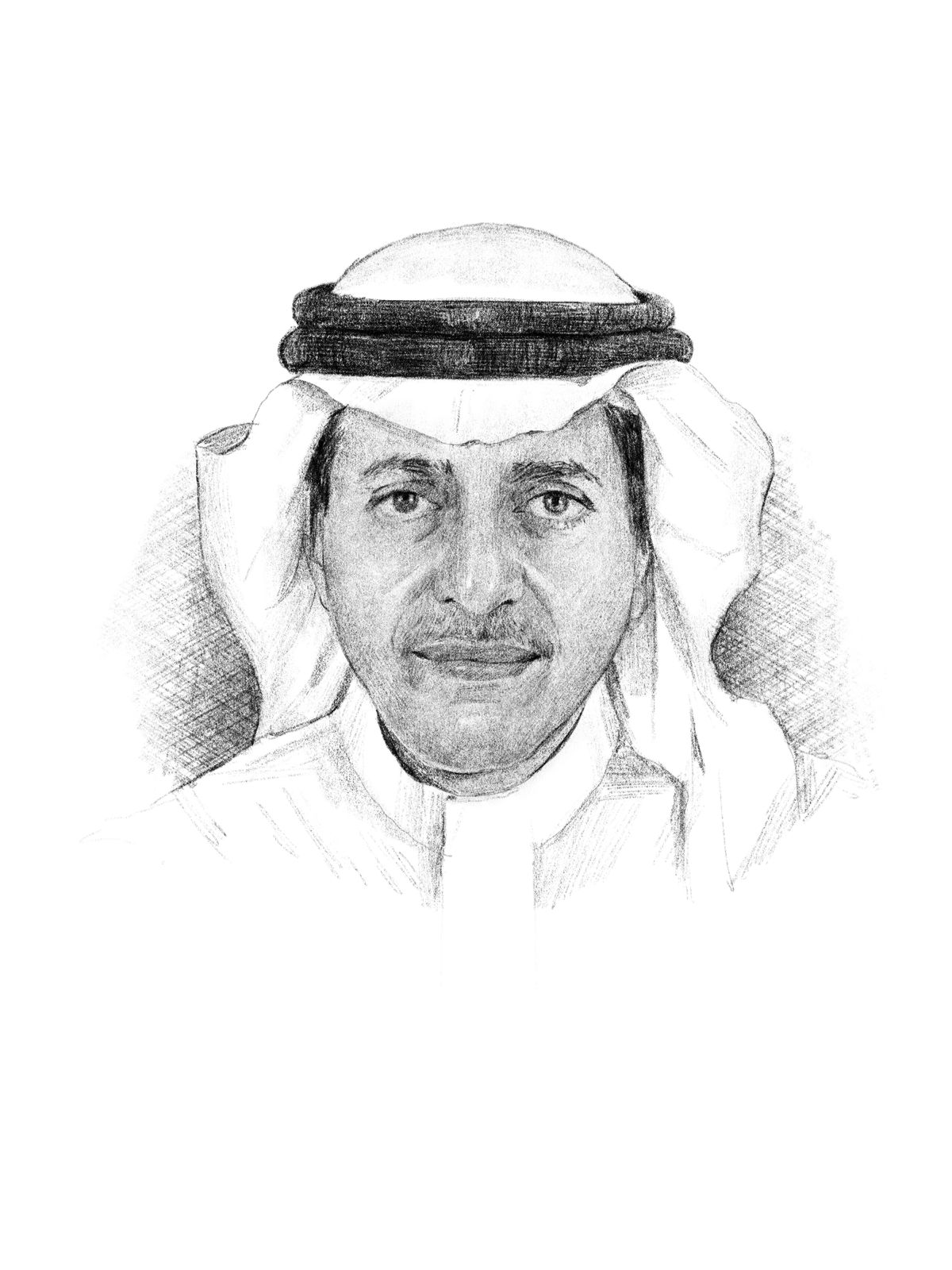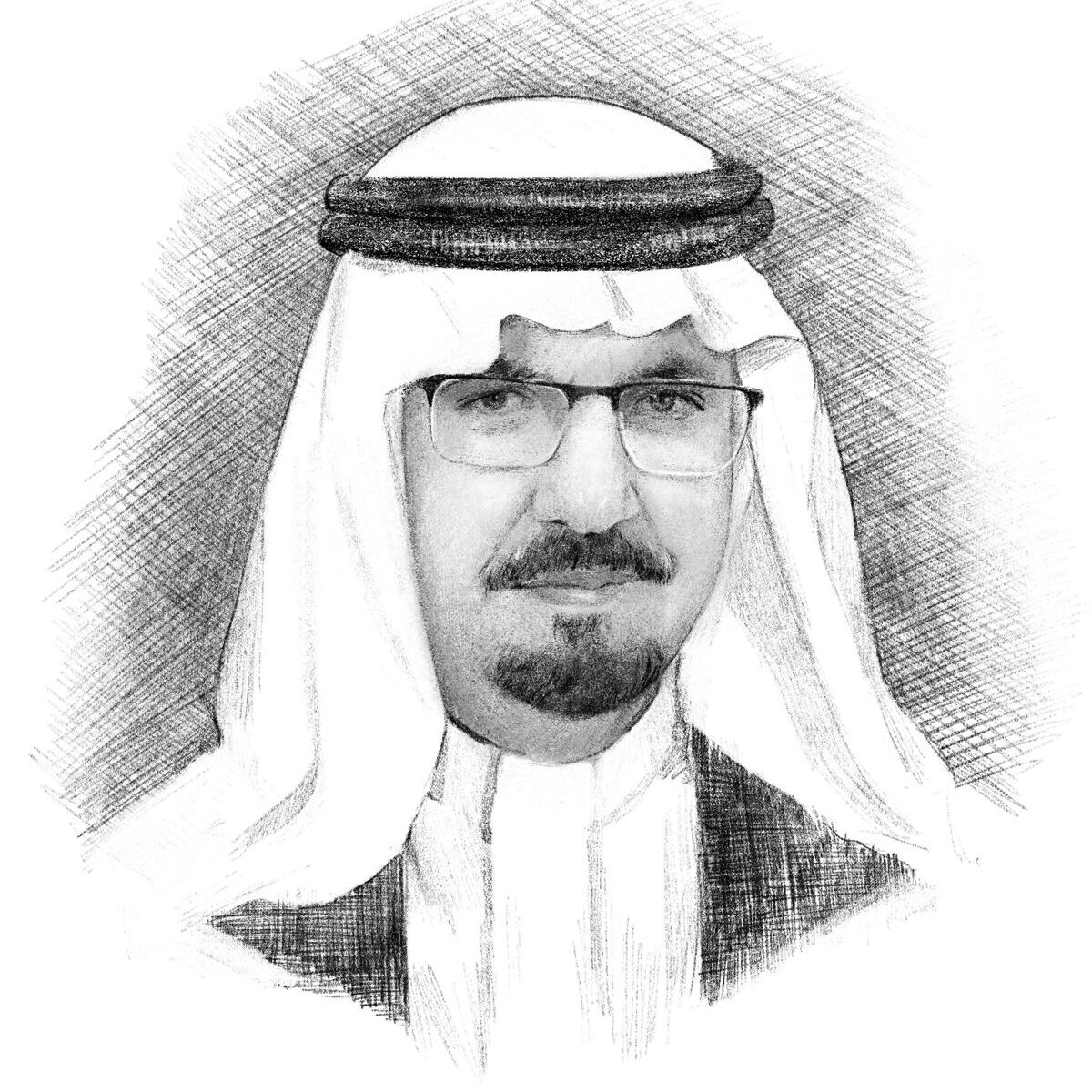Sumio Iijima was born in Saitama Japan on 2 May,1939. He has been a ‘University’ professor at Meijo University (Nagoya) since 1999 and a Senior Research Fellow at NEC Corporation (Tokyo). He was Former Director of Nanotube Research Center of the National Institute of Advanced Industrial Science and Technology (AIST) in Japan and current Honorary Fellow of AIST.
After graduating from Electro Communication University in Tokyo, he continued his graduate studies at Tohoku University (Sendai), where he received his Ph.D. in physics in 1968 with a focus on condensed matter physics and electron microscopy. His dissertation was on Print-Out Effects in AgBr Crystals. Later, in 1970, he moved to Arizona State University as a postdoctoral researcher, where he worked with Professor J. Cowley on the development of the high-resolution transmission electron microscopy (HRTEM) and established the current HRTEM method ahead of the rest of the world. He reported pioneering work on atomic-resolution HRTEM for a variety of materials, including complex oxides, minerals, carbon materials, metal atoms. In the meantime, he was invited to Cambridge University in 1979 and worked on HRTEM imaging of amorphous carbon. After returning to Japan in 1982 and engaged in research on ‘Ultra-Fine Particles’ for five years as part of the Exploratory Research for Advanced Technology project (National research project), he joined NEC Research Laboratories in1987.
In 1991 he discovered carbon nanotubes, pioneering nanoscience and nanotechnology in the world. The first paper reporting carbon nanotubes currently has 58,000 Google citations and counting. The discovery honored him with numerous invitations to international conferences such as the 2014 KAUST-NSF Conference, as well as awards, prizes and honorary doctates, including the Franklin Medal in physics in 2001, the Agilent Europhysics award, the APS McGroddy prize, the Imperial Prize, the Japan Academy Prize, and Order of Culture Merits (2009). In 2007, he was awarded the Aminoff Prize (Sweden) and the Balzan Prize (Italy), European Inventor Award in 2015. He was elected as Member of the Japan Academy, the foreign member of the Norwegian Academy of Science and Letters, the foreign members of the National Academy of Science (USA) and also the Chinese Academy of Sciences.




